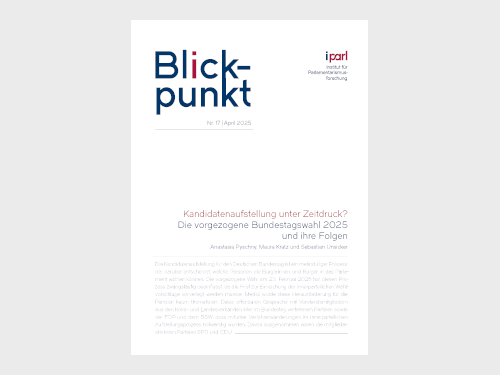
Due to the early election of the German Bundestag, intra-party candidate selection also needed to be held earlier than planned. As Anastasia Pyschny, Maura Kratz and Sebastian Unsicker point out in the 17th IParl-Blickpunkt, this had consequences for the process of nominating candidates. In almost all parties, procedural changes were necessary in the internal party nomination process.
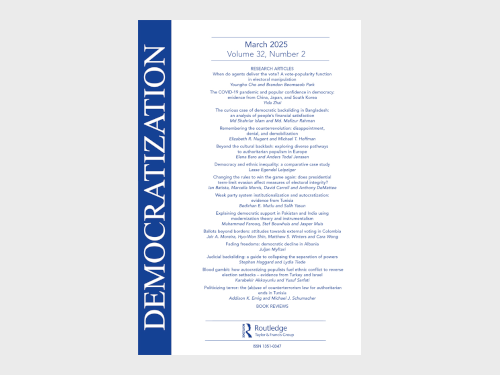
The recall of MPs during the election period, as permitted by the Recall of MPs Act in the UK, is seen by some as a democratic correction mechanism. However, it can also be used as an instrument to weaken the opposition, as Danny Schindler's case study on Zimbabwe shows.

Traditionally, governments in France can rely on stabl majorities in parliament. Since 2022, however, a minority government is in office. Damien Lecomte and Calixte Bloquet trace the institutional and political developments of the last 20 years to explain this new phenomenon. Although this new political situation has placed parliament more at the centre of politics, it has not contributed to a stronger consensus orientation in the Assemblée nationale.
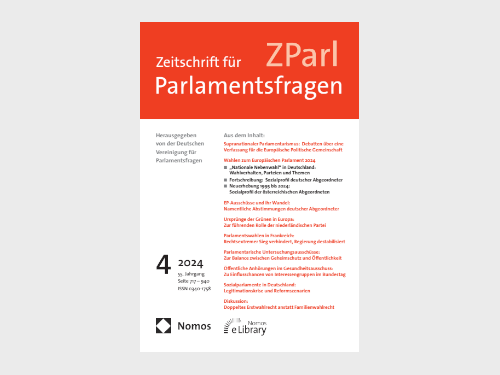
After the far-right Rassemblement National emerged as the clear winner of the election for the European Parliament on 9 June 2024, President Emmanuel Macron dissolved the National Assembly. Anastasia Pyschny and Calixte Bloquet show that the outcome of the second round of voting has far-reaching consequences for the French political system.
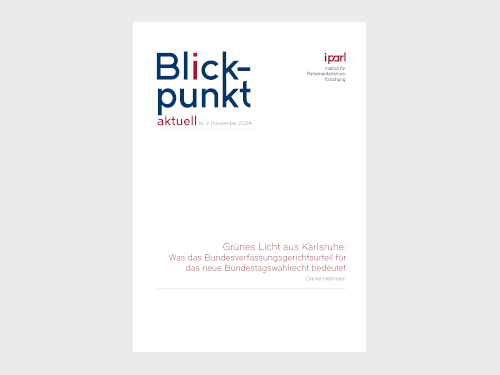
The next Bundestag will be elected according to a new Bundestag electoral law, which has been confirmed by the Federal Constitutional Court. Daniel Hellmann sheds light on what the Federal Constitutional Court has confirmed and what it has rejected in the second IParl Blickpunkt aktuell.

Sign up to receive updates, promotions, and sneak peaks of upcoming products. Plus 20% off your next order.